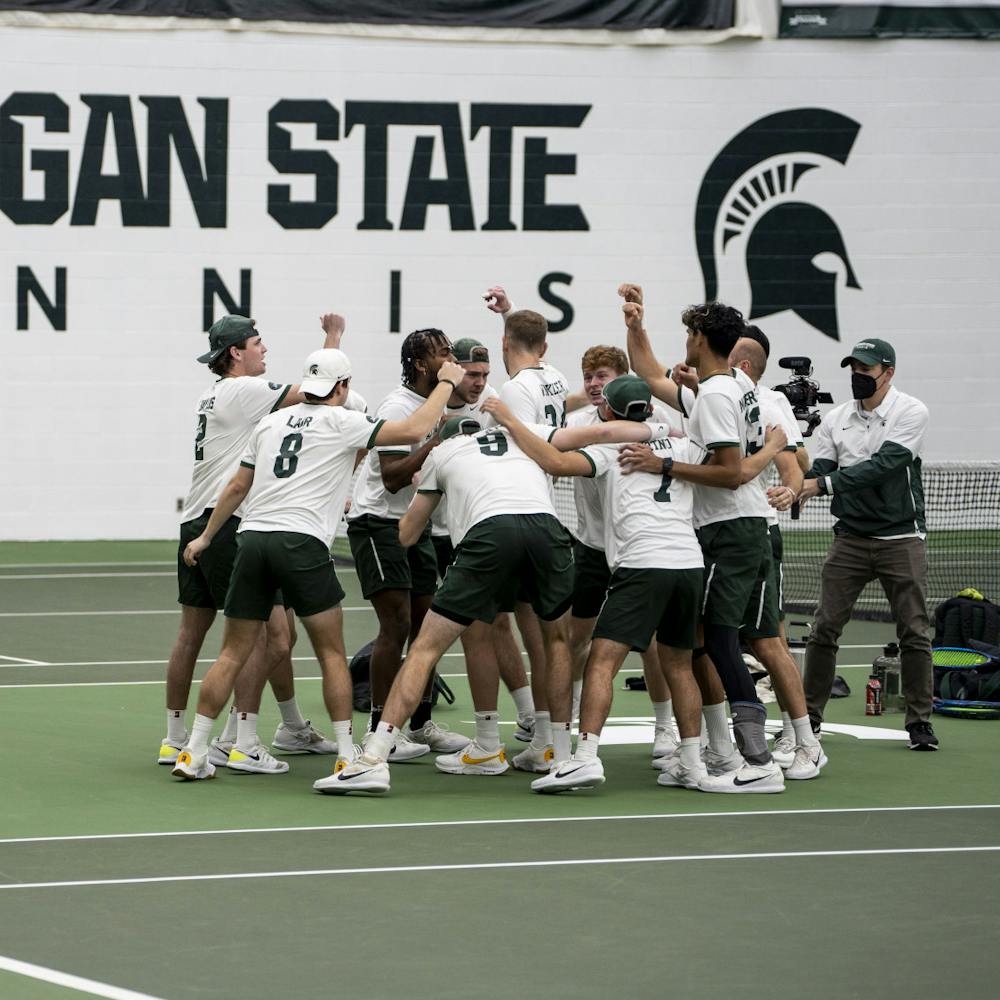As controversial laws regulating union organization take hold in other Midwest states, a push by some Republican lawmakers to put right-to-work legislation on the table potentially could impact graduate students employed as teaching assistants and other jobs on campus.
Right-to-work legislation, which elsewhere has made it optional for members of unionized employment groups to be a member of their union, has been a contentious states’ rights issue across the country. If brought to Michigan, it could open graduate students employed on campus to diminished pay and work conditions, said Kayra Hopkins, president of the Graduate Employee’s Union.
Republican supporters argue right to work promotes worker freedom by not forcing employees to pay union dues and take part in an organization against their will. Opponents have said such a law would create an unfair free-ride effect where workers would be able to reap union benefits without actually being a paying member.
Hopkins, a doctoral student, said right-to-work legislation is an issue of concern for graduate students, as it would have the potential to result in deteriorated work conditions for teaching assistants and other graduate students employed by the university because of a lack of worker organization.
“If TAs are being overworked, that means we’re affecting the quality of teaching on campus,” Hopkins said, noting TA pay had consistently decreased in the years before graduate workers were unionized. “We’ve done a lot of work and made a lot of progress over the last 10 years, and right to work would definitely affect the progress that we’ve made.”
There’s also the strictly political aspect of the debate. Republicans have an interest in weakening unions — who often funnel money and support to Democratic candidates — while Democrats want to strengthen them for the same reason, said Peter Berg, an employment relations professor at MSU’s School of Human Resources and Labor Relations.
“Really, the ideology argument is against unions,” Berg said. “This is a way essentially to undermine collective organization in the workplace.”
The issue has intensified in Michigan since Indiana passed a right-to-work law earlier this month. Wisconsin has adopted an even more intense law, which bans collective bargaining altogether.
University spokesman Kent Cassella said it is too early to anticipate what the effect would be on MSU if a similar law was passed here.
Although no legislation has been introduced, the issue has been a subject of controversy among Michigan Republicans. Some representatives, including Speaker of the House Jase Bolger, R-Marshall, have showed support for some form of a right-to-work law.
“We hope that by having an open and honest debate about it, we can determine if right to work is the right thing for Michigan workers,” Bolger spokesman Ari Adler said, adding Bolger would not support an overarching collective bargaining ban.
Meanwhile, Gov. Rick Snyder has said he doesn’t think right to work is something lawmakers should focus on, although he hasn’t said what he would do if the Legislature sent it to his desk.
“Right to work is an issue that may have its time and place, but I don’t believe it’s appropriate in Michigan during 2012,” Snyder told Congress earlier this month.
Republicans have the political leverage to pass such a law, Berg said, as they have huge advantages in both the House and Senate.
“I think it’s a question of political capital,” Berg said. “Right now there’s a threat of it being brought up.”
Support student media!
Please consider donating to The State News and help fund the future of journalism.
Discussion
Share and discuss “Law might disrupt union benefits” on social media.






